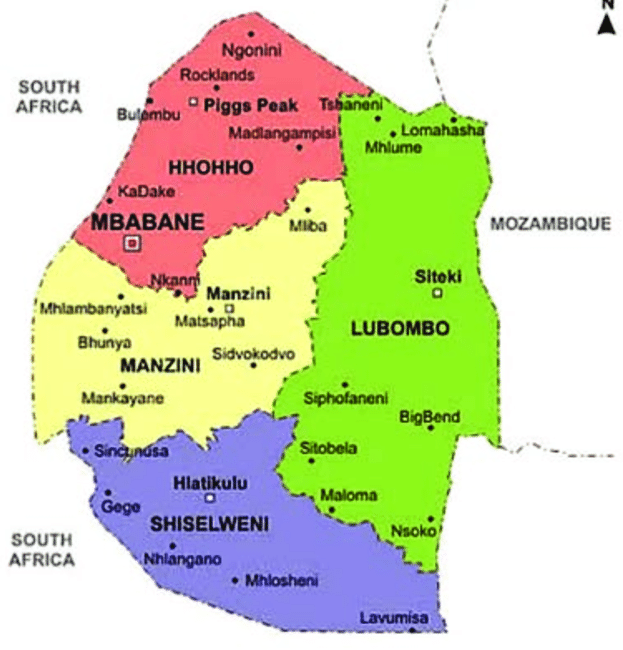The COMESA Competition Commission (CCC) played a crucial role in averting a maize seed crisis that threatened food security in Eswatini. The country had faced an alarming shortage of white maize seeds, specifically the popular SC 719 variety produced by Zambia Seeds (Zamseed). The scarcity resulted from an exclusive distribution arrangement that blocked the Eswatini government and other buyers from purchasing the seeds directly from Zambia.
Eswatini’s authorities found themselves unable to access adequate maize seeds during the critical planting season. The country’s sole distributor, appointed by Zamseed, lacked sufficient stock and refused to allow direct purchases from the supplier. This situation posed an imminent danger to food security, given that maize is Eswatini’s staple food.
Recognizing the urgency, the COMESA Competition Commission intervened after determining that the exclusivity clause in Zamseed’s distribution agreement created an unfair restriction within the regional market. The Commission considered this practice an anti-competitive barrier that violated the principles of fair trade and hindered a sovereign government’s efforts to secure food supplies.
Instead of launching a lengthy investigation that could take years, the Commission opted for swift action through advocacy and negotiation. It convened urgent meetings between Zamseed, its South African partner Limagrain, and the Eswatini distributor. The CCC emphasized that the exclusivity arrangement amounted to a territorial restriction and warned that the companies could face penalties for anti-competitive conduct.
The discussions led to a breakthrough. All parties agreed to remove the exclusivity clauses, open the seed market to other distributors, and supply the Eswatini government directly. They also committed to introducing additional maize varieties in the country to strengthen future food security and reduce dependence on a single supplier.
As a result, the Eswatini government obtained the much-needed maize seeds in time for planting, averting a potential hunger crisis. Farmers gained access to a more diverse seed market, and competition within the agricultural sector was restored. The CCC continues to monitor the situation to ensure sustained compliance and to prevent similar market distortions in the future.
This intervention highlighted how competition enforcement can directly impact food security by promoting fair trade, breaking monopolistic control, and ensuring essential agricultural inputs remain accessible to all.

